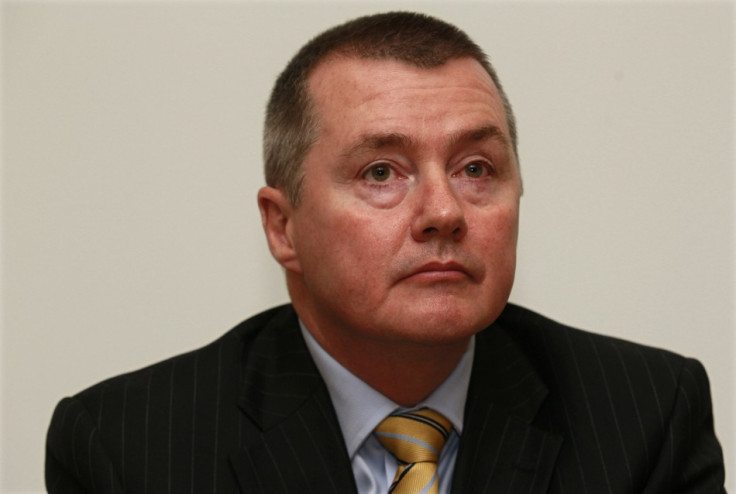IAG Losses Soar to €249 Million as Spain Recession and High Oil Prices Hurt

International Airlines Group (IAG), the parent company of British Airways and Iberia, made a €249m (£199.7) loss in the first quarter of the year, as Spain's economic woes, soaring fuel costs, and a weakening euro against the dollar all weigh heavily.
Revenues were up on the quarter, but strong demand in London could not hold off difficulties elsewhere. IAG, Europe's third largest airline group, said the year-over-year impact of high oil prices should be less severe in the second half of the year.
IAG chief executive Willie Walsh blamed governments for hurting the airline industry at a time when it is struggling.
"In addition to the UK government increasing the world's highest aviation tax - Air Passenger Duty - by double the inflation rate, the Spanish government plans to increase departure taxes from Spain by up to 10 euros per passenger," Walsh said in a statement.
The €249m is before exceptional items and compares with €102m loss in the first quarter of 2011.
The airline group's revenue for the quarter is up 7.8 percent to €3.92bn, including 1.1 percent of positive currency impact.
Fuel costs for IAG rocketed by 24.9 percent in the first quarter, to a staggering €1.4bn.
Spain's government is pursuing a punishing austerity programme, the most severe in its history, as it attempts to reduce the public budget deficit to meet strict EU targets agreed at a summit of European leaders in March.
Recession-hit Spain has the highest unemployment rate in the entire eurozone.
The euro has been making losses against the dollar in recent weeks, and the price of a barrel of Brent crude continue to hover around its all-time high in euros of 93.60 which it hit in February.
Airlines not hedging enough against oil prices
Walsh said that in addition to rising fuel costs contributing to IAG's losses, the reduced impact of hedging also played a role.
A report from Mercatus Energy Advisors and Airline Economics showed that most of the world's airlines were leaving over half of their fuel costs exposed to future oil price rises without protecting themselves with hedging tools.
In the report's survey of 23 different airlines, 43 percent said they were comfortable leaving themselves in this position.
"Over the course of the past few years, volatile oil prices have wreaked havoc on the airline industry, a trend which doesn't appear to be ripe for change any time in the foreseeable future," said Mercatus in the report.
"The past five years have proven to be a very challenging time for the airline industry ... adding insult to injury, the state of the capital markets has left many airlines without access to much needed capital."
As well as IAG, rival airline Air France KLM also blamed hedging for contributing to its €597m loss in the first quarter.
© Copyright IBTimes 2025. All rights reserved.






















